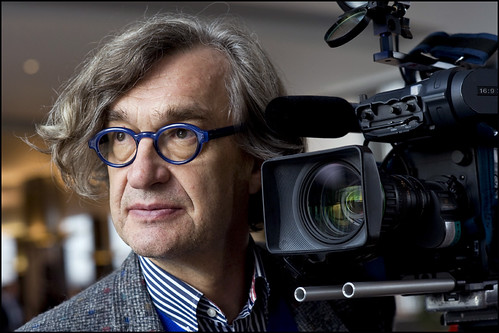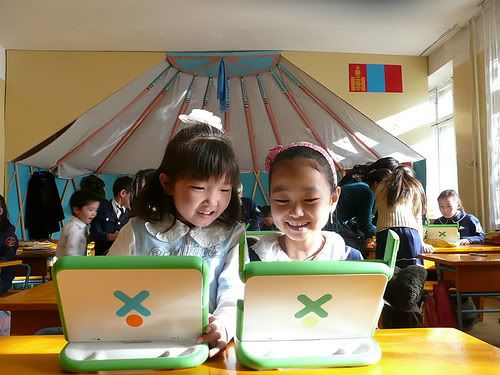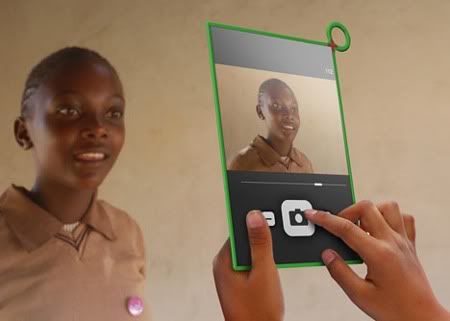The Revolutionary Approach to Education Will Change the Way People Teach, Learn and Gain MBAs Forever - This is Just the First Step
LONDON, UNITED KINGDOM--(Marketwire - Oct. 27, 2010) - The London School of Business and Finance (LSBF) today announced its new course which will make accessing high quality MBA course material just a mouse click away. At no cost, students with a computer anywhere in the world can sign up to the lessons. Accredited by the University of Wales, they only pay once they decide go forward for formal accreditation (examination).
LSBF founder, Aaron Etingen said: "Earlier this year Bill Gates claimed: 'Five years from now on the web for free you'll be able to find the best lectures in the world…'. He was partly right – our announcement today has fast tracked his vision. The LSBF Global MBA™ starts today."
With the LSBF Global MBA™, people will, for free, be able to access lectures online from its faculty and panel discussion groups including industry highflyers such as Partners at Accenture Management Consulting and Deloitte, the Head of Royal Navy Leadership Academy and the Director of Marketing at Viagogo.
This revolutionary "try before you buy" approach offers two unique advantages: Firstly it means that those interested in learning business skills can now do so from some of the best business lecturers, through an innovative and familiar delivery channel at no cost; and secondly those considering going for formal MBA qualification can test both the quality of the programme and their aptitude and interest before any financial commitment.
"Even if people do not decide to go for formal accreditation, the LSBF Global MBA™ will, at no cost, better equip business students to deal with the global job market" said Etingen.
Three studios in the LSBF's London campus continuously record constantly updated study material to keep in line with business events.
"Historically there are real barriers for people to take the time to do an MBA. Our new product uses the Facebook platform. We expect to get over 500,000 users in the first year but that is a conservative estimate. Seven years ago we had four students in Hyde Park Corner, this year we have a group turnover of £100m with 12,000 students in campuses around the world. The online world makes it hard to predict but what we do know, is that this is going to change education forever!" said Etingen.
"Recognising that the traditional business school platform is decades old and academically stale, Facebook was chosen as the largest growing social network" Etingen continued.
Etingen said: "There is immense potential in the market for online education. Facebook is a real part of people's lives and, owning a sense of social responsibility, we want to promote accessibility to knowledge.
The LSBF Global MBA™ application, which has been developed for us by former Google employees, delivers an MBA awarded by the University of Wales. It is the first online MBA which will be free to all until the optional point of assessment for qualification."
While qualifications are still necessary to complete the accredited LSBF Global MBA™ – a BSc/BA or five years professional experience – there will be 100s hours of free study resources available to all users, including 80 hours of high definition video content. Unlike all other MBAs, no fees will be required up front allowing students to save for exams or to pay when it suits them financially.
Media materials
A video demonstration, screen shots, photographs and full biographies of spokespeople, student case studies, and industry comment are available at:
http://www.lsbf.org.uk/globalmba
The LSBF Global MBA™ application is available at:









